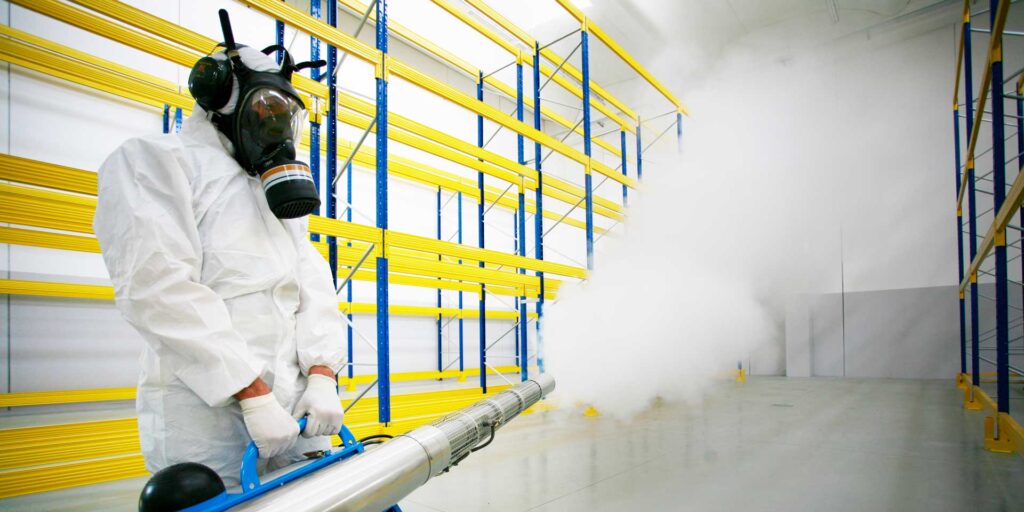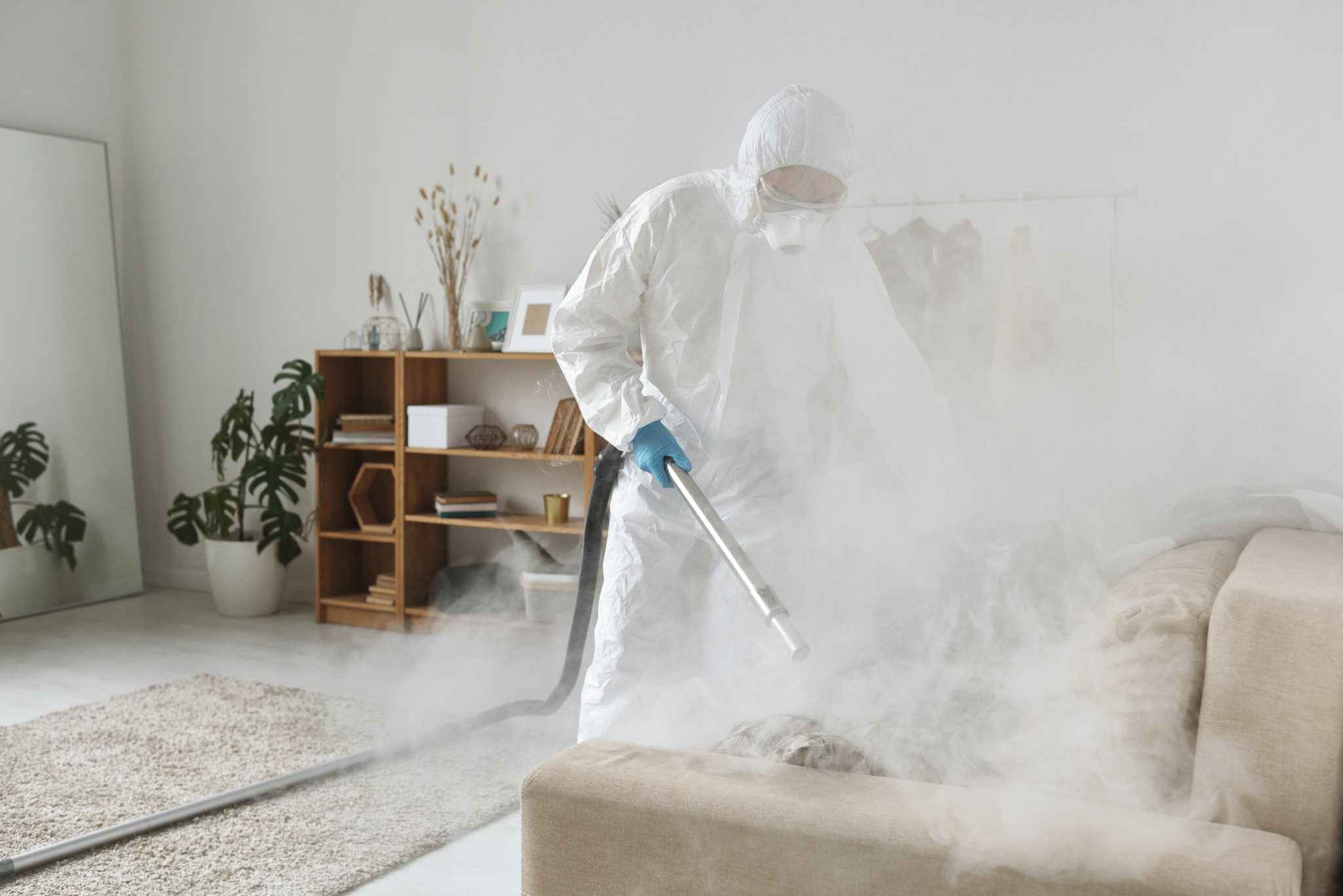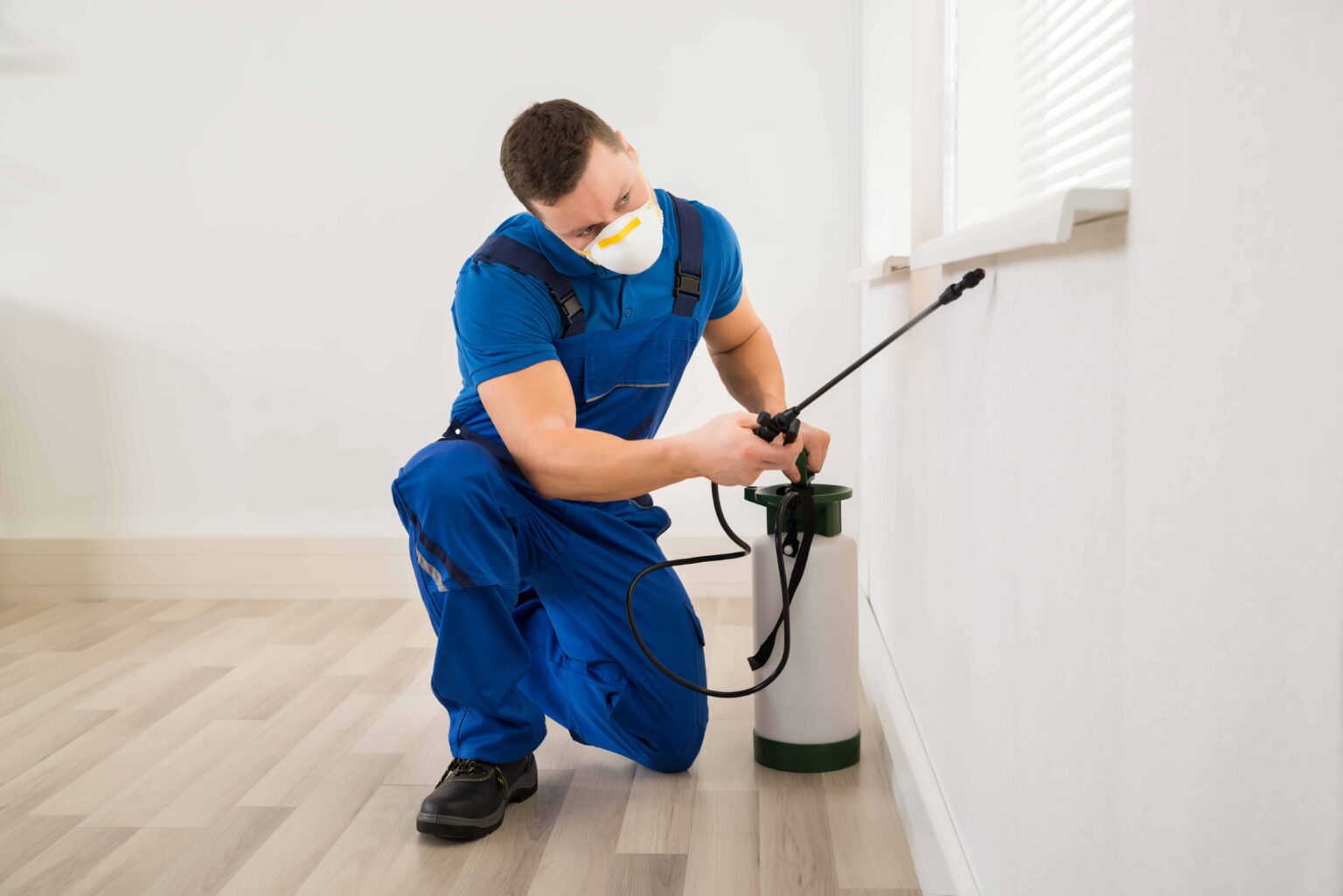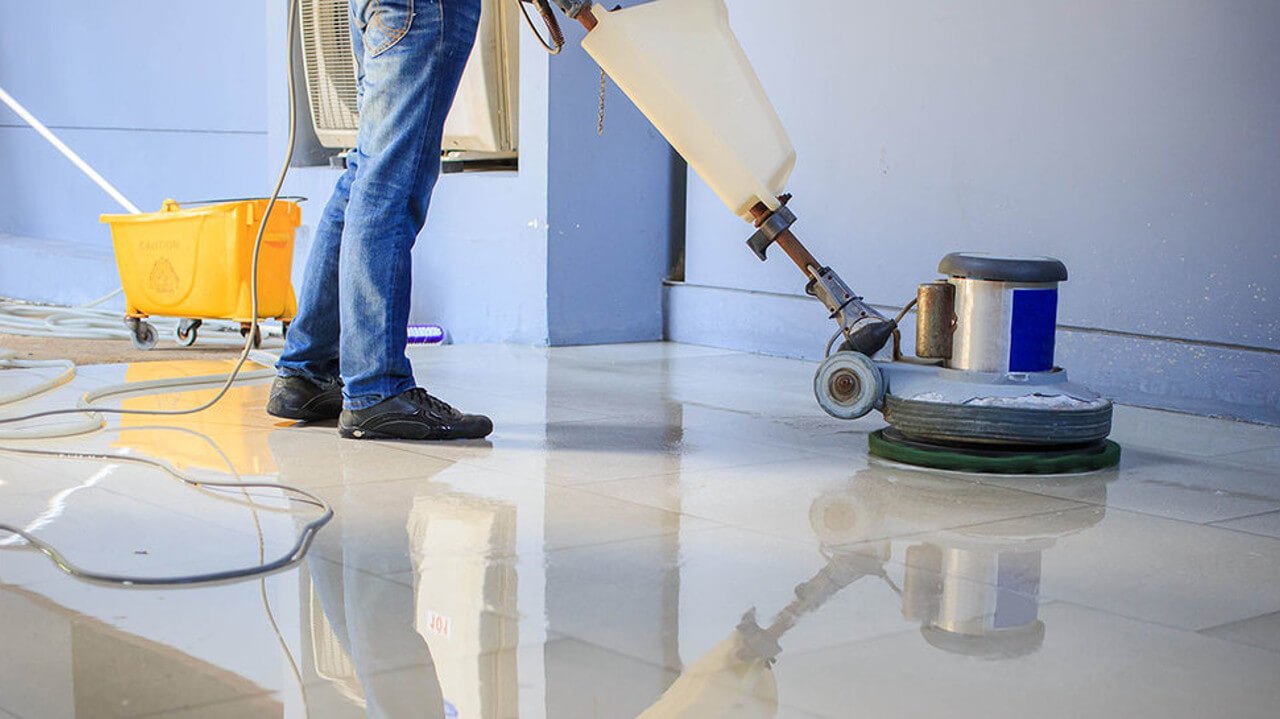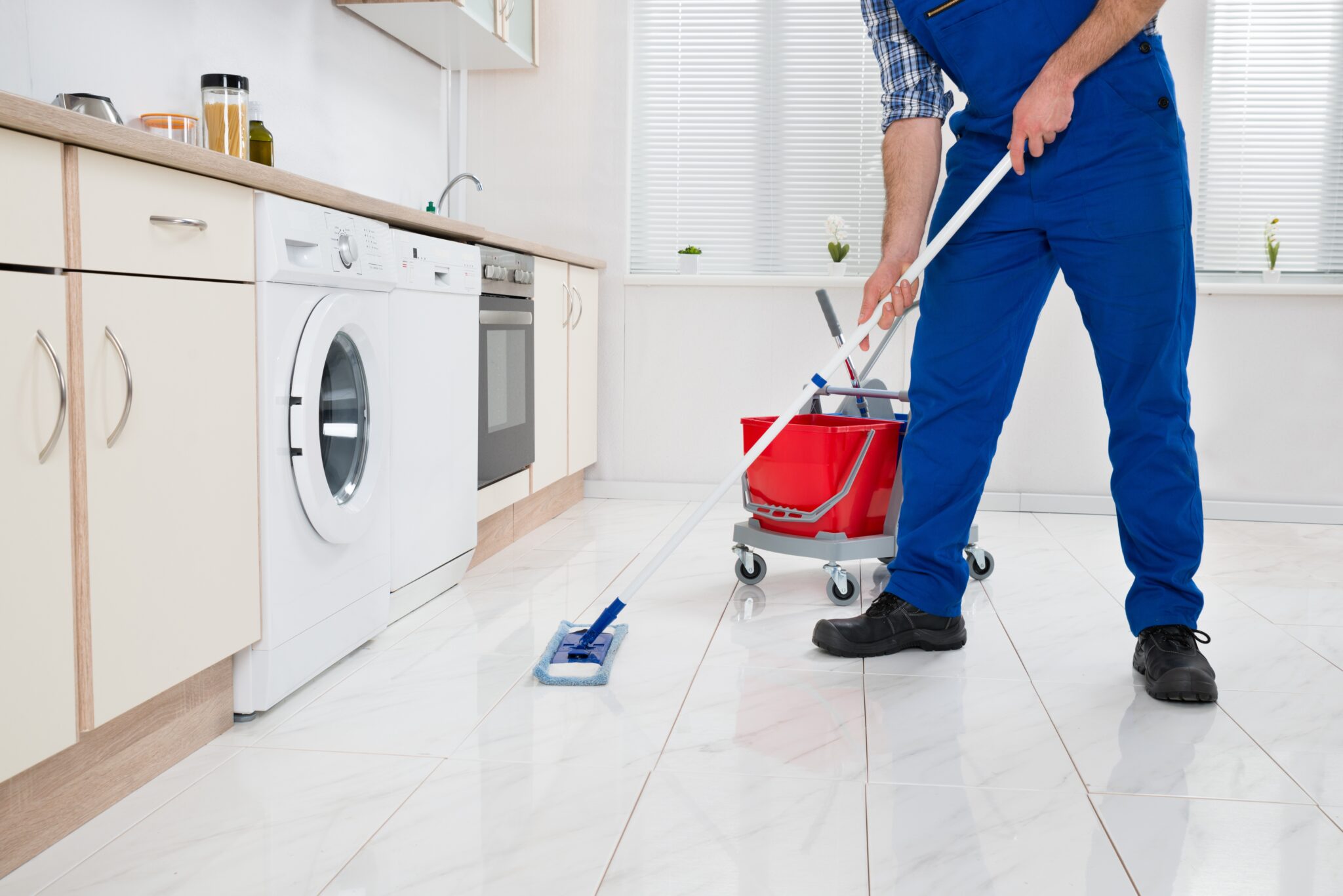Karachi’s bustling urban lifestyle comes with challenges, one of the most common being pest infestations. From termites causing structural damage to cockroaches contaminating food supplies, the city’s warm and humid climate makes it a haven for pests. Both residential and commercial spaces are at risk, highlighting the importance of professional fumigation services in maintaining a safe and pest-free environment.
This guide delves into the essentials of fumigation services in Karachi, including processes, benefits, and actionable steps for effective pest control.
What is Fumigation?
Fumigation is a specialized pest control technique that utilizes chemical fumes to eliminate pests in hidden or inaccessible areas. This method is particularly effective against termites, bedbugs, cockroaches, and other hard-to-detect pests, offering a comprehensive solution.
Key Benefits of Fumigation
- Effective pest elimination in unreachable areas.
- Applicable in residential, commercial, industrial, and agricultural environments.
How Fumigation Works
The fumigation process involves several systematic steps to ensure maximum efficiency:
Inspection
Professionals assess the type of pests and the severity of infestation.
Preparation
Steps include sealing windows, removing food, and vacating the area.
Application
Fumigants are applied using advanced tools for precise coverage.
Post-Fumigation Cleanup
Ventilation and cleaning ensure the area is safe for re-entry.
Tools Used in Fumigation
- Advanced fumigant applicators.
- Sealing materials for containment.
- Personal protective equipment for safety.
Common Types of Fumigation
Residential Fumigation
Aimed at homes and apartments, residential fumigation tackles common household pests like termites, cockroaches, and bedbugs, ensuring a healthier living environment.
Commercial Fumigation
For offices, restaurants, and retail spaces, fumigation is essential for upholding hygiene and customer trust.
Industrial Fumigation
Factories and warehouses require specialized treatments to protect goods and maintain compliance with safety standards.
Agricultural Fumigation
Farms, silos, and grain storage facilities rely on fumigation to safeguard crops from pests and ensure quality yields.
Why Fumigation is Essential in Karachi
Karachi’s Pest Problems
The city’s warm climate and urban density create an ideal breeding ground for various pests, such as:
Termites
Responsible for silent but extensive structural damage.
Cockroaches
Spread bacteria and contaminate food. Mosquitoes: Known carriers of diseases like malaria and dengue.
Bedbugs
Cause irritation and discomfort in sleeping areas.
Disease Transmission
Mosquitoes, cockroaches, and rodents carry harmful pathogens.
Allergies and Respiratory Issues
Pest droppings and bites often trigger allergic reactions and respiratory ailments.
Economic and Structural Damage
Responsible for silent but extensive structural damage.
- Termites weaken wooden structures, leading to costly repairs.
- Businesses may suffer reputational and financial losses due to pest presence.
How to Identify the Need for Fumigation
Signs of Pest Infestation
Early detection is crucial. Common signs include:
Visible Pests
Spotting cockroaches, termites, or rodents.
Droppings or Damage
Signs of pest activity in storage or hidden corners.
Structural Weakness
Holes, gnawed wires, or cracked furniture.
When to Call Professionals
Certain situations require immediate professional intervention to ensure safety and effectiveness:
Persistent Infestations
If pests return despite DIY efforts, professional fumigation becomes essential.
Special Occasions
Hosting events or preparing for special occasions often necessitates pest-free surroundings.
Sensitive Areas
Kitchens, storage areas, or bedrooms with visible pests call for urgent action.
Frequency of Fumigation
Regular fumigation can prevent infestations and maintain a healthy environment:
Residential Spaces
General pest control is recommended every six months, with targeted treatments for termites or bedbugs as needed.
Commercial Establishments
Quarterly treatments ensure compliance with health and hygiene standards.
Seasonal Adjustments
Increased mosquito activity during summer or termite issues during the monsoon may require additional sessions.
Pre-Fumigation Preparation
Key Steps to Prepare
Clear the Area: Remove food, plants, and pets from the treatment zone.
Seal Entry Points
Close windows and doors tightly to contain fumigants.
Secure Valuables
Protect sensitive items like electronics and documents.
Inform Neighbors
Notify nearby residents in densely populated areas to prevent accidental exposure.
Temporary Relocation
Depending on the extent of the treatment, arrange temporary accommodations for your household or employees.
The Fumigation Process
Understanding the fumigation process can help you appreciate its thoroughness and effectiveness in eradicating pests.
Application of Fumigants
Professionals use specialized equipment to apply fumigants evenly across affected areas. This ensures:
- Comprehensive coverage, even in hidden crevices.
- Safe application, minimizing risks to humans, pets, and the environment.
Duration of the Process
The time required for fumigation depends on several factors:
Area Size
Larger spaces take more time to treat effectively.
Severity of Infestation
Severe cases may require prolonged exposure to fumigants.
Pest Type
Termite fumigation, for example, often requires extended treatment times. Typically, residential fumigation takes between 6 and 24 hours, while commercial or industrial spaces may need additional time.
Precautions During Fumigation
- Occupants must vacate the premises during treatment to avoid exposure.
- Ensure proper ventilation after fumigation to dissipate residual chemicals safely.
Post-Fumigation Guidelines
After fumigation, following specific guidelines ensures safety and long-term pest control.
Ventilation and Cleaning
Air Circulation
Open windows and doors to allow fresh air for at least 30 minutes.
Surface Cleaning
Wipe down countertops, furniture, and other exposed areas to remove chemical residue.
Disposal of Contaminated Items
Food Safety
Discard any food items left exposed during fumigation.
Perishables
Check for contamination and dispose of affected goods appropriately.
Preventive Measures
Seal Entry Points
Repair cracks or gaps in walls, windows, and doors to prevent reinfestation.
Regular Cleaning
Maintain a cleaning routine to eliminate conditions that attract pests.
Post-Fumigation Inspection and Safety Measures
Before clients can return to their property, a final inspection is conducted to confirm that the fumigation was successful and that it is safe for occupancy.
This includes verifying that all fumigant residues have been cleared and addressing any potential issues that may have arisen during the process.
Safety Measures and Precautions
The safety of our clients and staff is paramount throughout the fumigation process.
Vetgen Services implements stringent safety protocols to mitigate risks associated with fumigation:
Client Education
We provide clients with detailed instructions on preparation and post-fumigation procedures to ensure their safety and the effectiveness of the treatment.
Use of Personal Protective Equipment (PPE):
Our technicians are equipped with appropriate PPE, including respirators, gloves, and protective clothing, to safeguard against exposure to fumigants.
Compliance with Regulations
We adhere to all local, state, and federal regulations governing fumigation practices, ensuring that our procedures meet the highest safety standards.
Emergency Preparedness
Our team is trained to handle emergencies and is equipped with the necessary tools to respond promptly to any unforeseen situations during the fumigation process.
Why Choose Vetgen for Fumigation Services?
Vetgen stands out among Karachi’s pest control providers for its expertise, comprehensive services, and customer-centric approach.
Expertise and Experience
Vetgen employs certified professionals trained in advanced pest control techniques. Their team uses eco-friendly fumigants and cutting-edge equipment to deliver effective, safe results.
Comprehensive Service Range
Vetgen offers specialized fumigation services tailored to various needs:
- Residential Fumigation
- Commercial Services
- Industrial Applications
- Agricultural Solutions
Customer-Focused Approach
Vetgen prioritizes customer satisfaction through:
- Transparent pricing with no hidden charges.
- Flexible scheduling to accommodate clients’ convenience.
- Post-service follow-ups to address any concerns or prevent recurrence.
Proven Track Record
Vetgen’s reputation is built on consistent results and positive client reviews. Their competitive edge lies in:
- Prompt response times to inquiries and bookings.
- Tailored solutions based on clients’ unique pest control requirements.
Tips for Maintaining a Pest-Free Home After Fumigation
Fumigation is just the first step in ensuring a pest-free environment. Ongoing efforts are necessary to maintain these results.
Regular Cleaning and Maintenance
- Eliminating food crumbs and spills to deter pests.
- Doing proper waste disposal like sealing trash bags and disposing waste regularly.
Blocking the Entry Point
- Inspect and repair cracks, gaps, and holes in walls, doors, and windows.
- Use caulking, weather stripping, or screens to block potential entryways.
Implementing Preventive Measures
- Install pest traps, repellents, or screens on windows and doors.
- Schedule routine fumigation for high-risk areas to stay ahead of infestations.
Monitoring for Recurrence
- Watch for early signs of pest activity, such as droppings or nests.
- Act promptly to address minor issues before they escalate.
Conclusion
Fumigation is a critical component of effective pest management, especially in urban settings like Karachi, where pest infestations can pose significant health and property risks. At Vetgen Services, we combine technical expertise with a steadfast commitment to safety and environmental responsibility, ensuring that our clients receive the highest standard of fumigation services.

